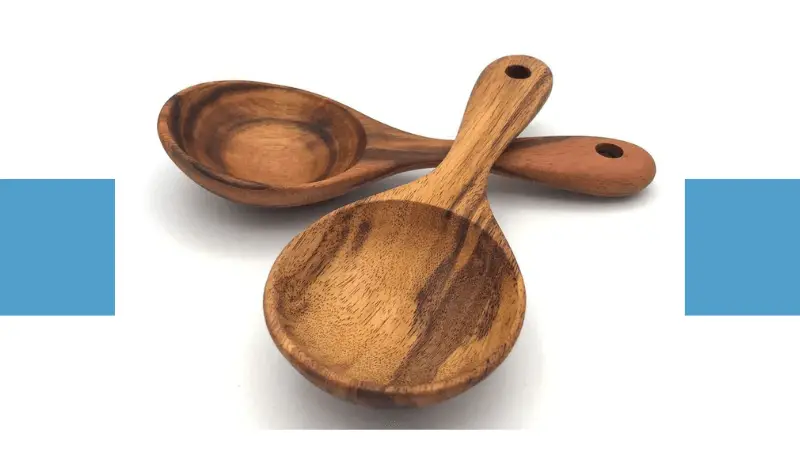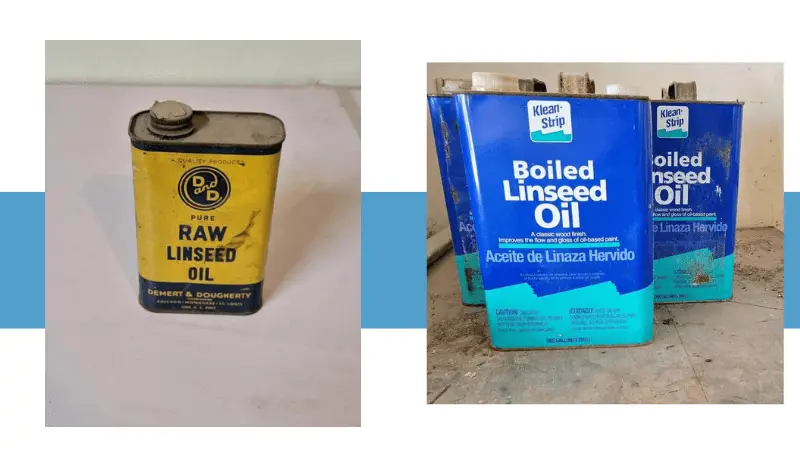When it comes to selecting the right finish for wooden utensils, ensuring their safety for food contact is of utmost importance. One popular option that often comes to mind is linseed oil. In this article, we will explore the properties of linseed oil as a finish for wooden utensils and its suitability for food preparation.
What is Linseed Oil?
Linseed oil is derived from the seeds of the flax plant (Linum usitatissimum). It is a popular choice for enhancing and protecting wooden surfaces, such as furniture, flooring, and utensils. Linseed oil has been used for centuries as a natural finish, creating a warm, rich look and enhancing the wood’s grain and depth.
Curing Process and Drying Time
Linseed oil cures through a process called polymerization, where it transforms into a solid film when exposed to air. This provides a protective layer on the wood surface. Curing typically takes several days to weeks, depending on environmental conditions and oil thickness.

Is Raw Linseed Oil food safe?
Yes, raw linseed oil is considered food safe once fully cured. It forms a solid film on the wood surface, a process that takes several days to weeks, depending on environmental conditions and oil thickness.
Once the linseed oil finish has completely cured, it is safe for use on surfaces that come into contact with food, such as countertops, butcher blocks, carved spoons, and wooden toys used in food preparation or serving.
Is boiled linseed Oil food safe?
Boiled linseed oil is considered food safe once fully cured. It refers to linseed oil mixed with FDA-approved metal driers, such as cobalt and manganese, to accelerate drying. These metal driers are safe for use in food contact applications.
The Indirect food additives: adhesives and components of coatings Report by FDA reads in part;
“Resinous and polymeric coatings may be safely used as the food-contact surface of articles intended for use in producing, manufacturing, packing, processing, preparing, treating, packaging, transporting, or holding food, in accordance with the following prescribed conditions:
(a) The coating is applied as a continuous film or enamel over a metal substrate, or the coating is intended for repeated food-contact use and is applied to any suitable substrate as a continuous film or enamel that serves as a functional barrier between the food and the substrate. The coating is characterized by one or more of the following descriptions:
You can read the full article here
- (1) Coatings cured by oxidation.
- (2) Coatings cured by polymerization, condensation, and/or cross-linking without oxidation.
- (3) Coatings prepared from prepolymerized substances.
- (b) The coatings are formulated from optional substances that may include:
- (1) Substances generally recognized as safe in food.”
Raw Linseed Oil vs. Boiled Linseed Oil

Both raw and boiled linseed oil can be considered food safe once fully cured. The primary difference is the drying time. Boiled linseed oil, with added metal driers, dries faster, making it a practical choice for quicker curing of wooden utensils and food-contact surfaces.
Ensuring Food Safety
Regardless of the type of linseed oil finish you choose, ensure proper application, drying, and curing times. Follow manufacturer instructions, apply multiple thin coats, and allow each layer to fully dry and cure before using the surface with food. Once the linseed oil finish has fully cured, it is considered safe for use on surfaces that come into contact with food.
Conclusion
While both linseed oil and boiled linseed oil can be food safe, prioritize proper curing to ensure the safety and integrity of the finish on your wooden utensils and other food-related items. Understanding the properties and considerations of linseed oil finishes helps you make informed decisions and confidently protect and enhance your wooden utensils while maintaining food safety standards.